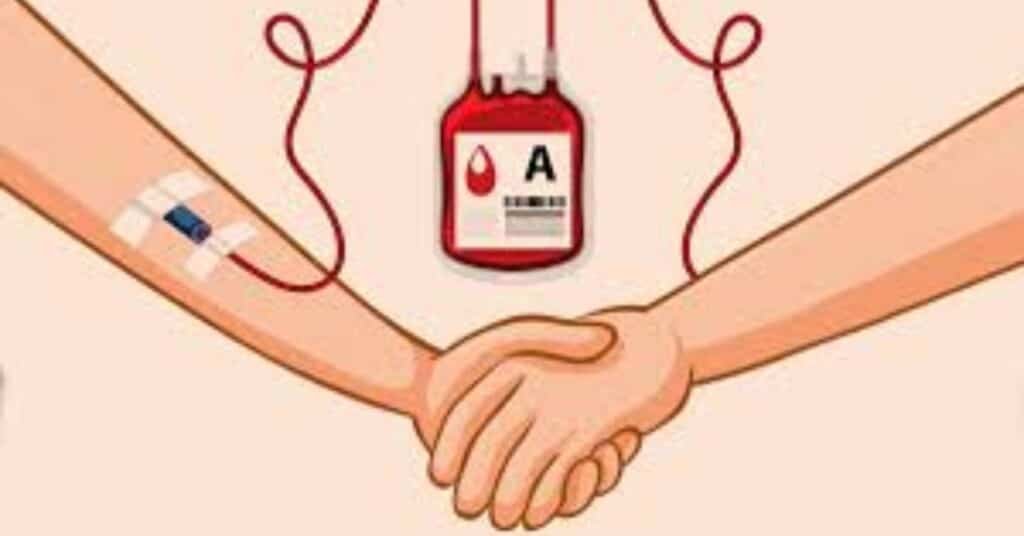ISLAMABAD (Kashmir English): On the occasion of World Blood Donor Day today, the World Health Organization (WHO) and Pakistan’s Ministry of Health have jointly made an appeal to the citizens to urgently and voluntarily donate blood.
World Blood Donor Day (WBDD) is held on June 14 each year. The event was organised for the first time in 2004, by four core international organizations: the World Health Organization, the International Federation of Red Cross and Red Crescent Societies; the International Federation of Blood Donor Organizations (IFBDO) and the International Society of Blood Transfusion (ISBT), to raise awareness of the need for safe blood and blood products, and to thank blood donors for their voluntary, life-saving gifts of blood.
WHO Representative in Pakistan, Dr Dapeng Luo, has said that medical centres in Pakistan need over five million blood donations annually – and will require 5.6 million by 2030 – but they are currently receiving only approximately 2.3 million donations per year.
He said that WHO will continue to work with Pakistan to strengthen a blood service that promotes voluntary donations and gives patients access to safe blood and blood products in sufficient quantity, as a key component of an effective health system.
“Voluntary blood donations can save lives and give hope to those in need. With a single donation, each of us can save up to three lives,” said Dr Luo.
He said that WHO is standing with Pakistan to continue reinforcing the country’s blood banks and the use of standardized screening blood methods and protocols to ensure safe and adequate blood supplies for all, leaving no one behind.
Blood donations in Pakistan
Approximately 1.9 million of the 2.3 million annual blood donations in Pakistan (82 per cent) come from family or replacement donors, while voluntary, non-remunerated blood donations account for only 18% of the total.
Voluntary blood donations are the safest and most sustainable source of blood, as voluntary donors are less likely to transmit infectious diseases and can contribute to build systems in which every patient has access to safe blood regardless of their income or social status.




